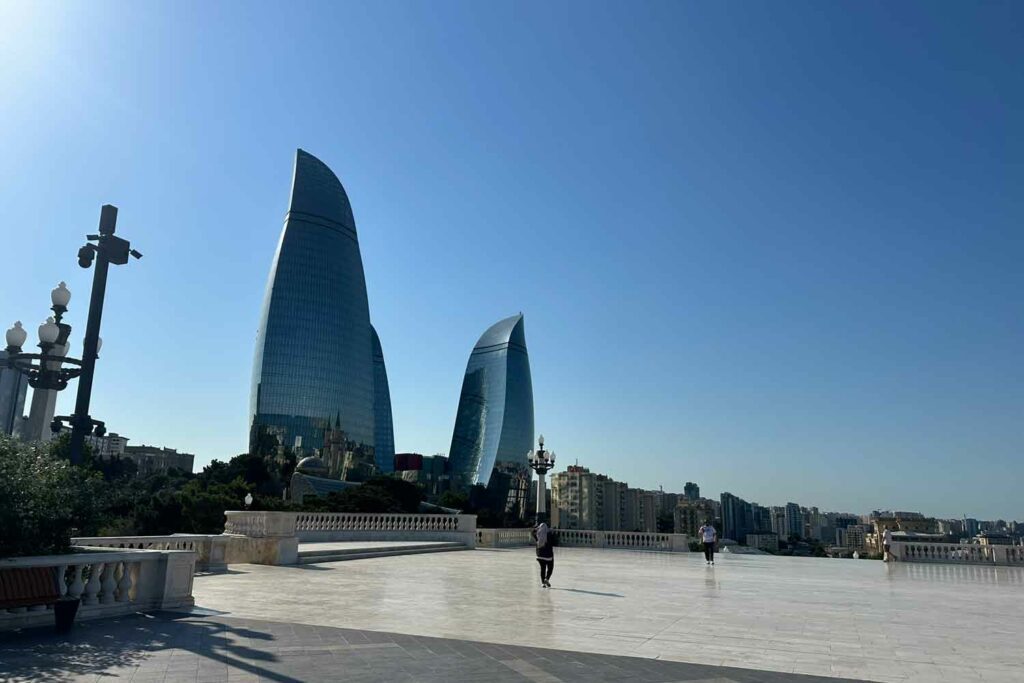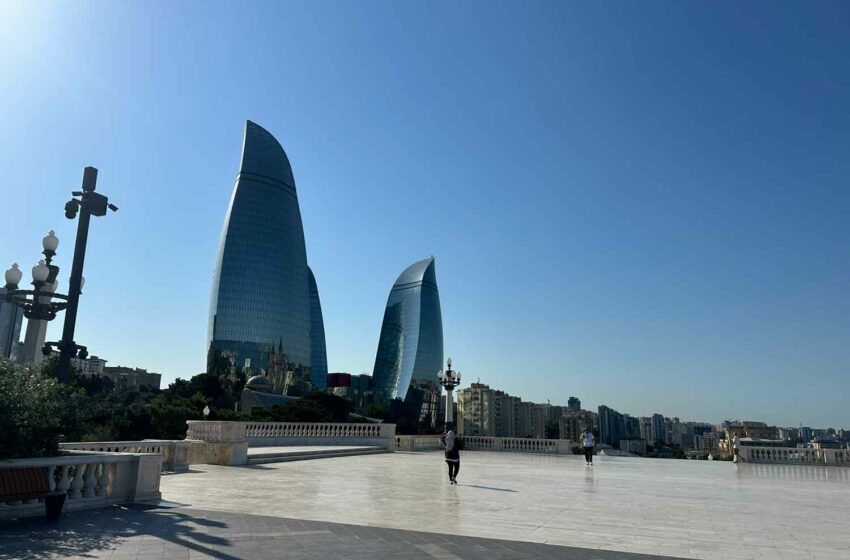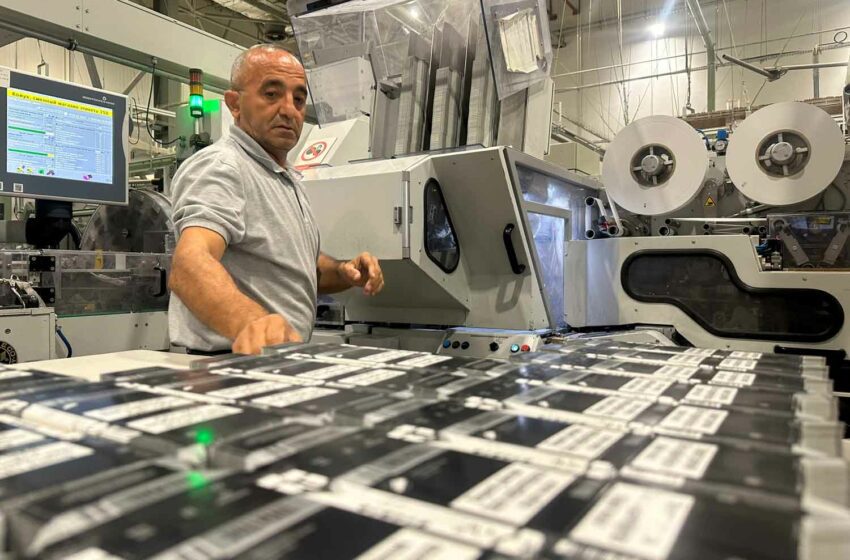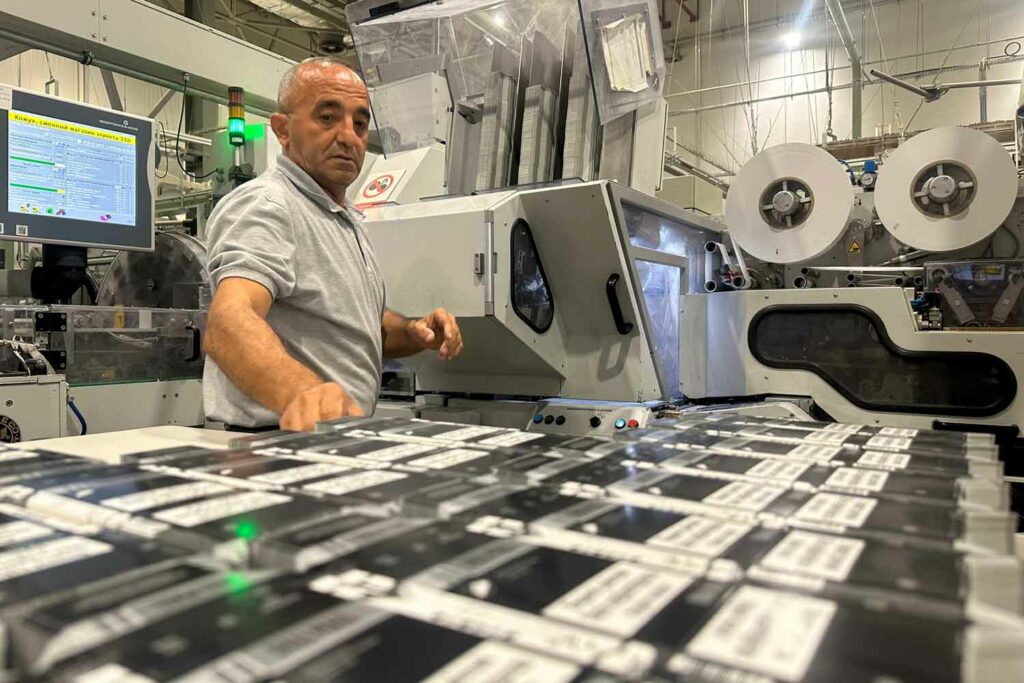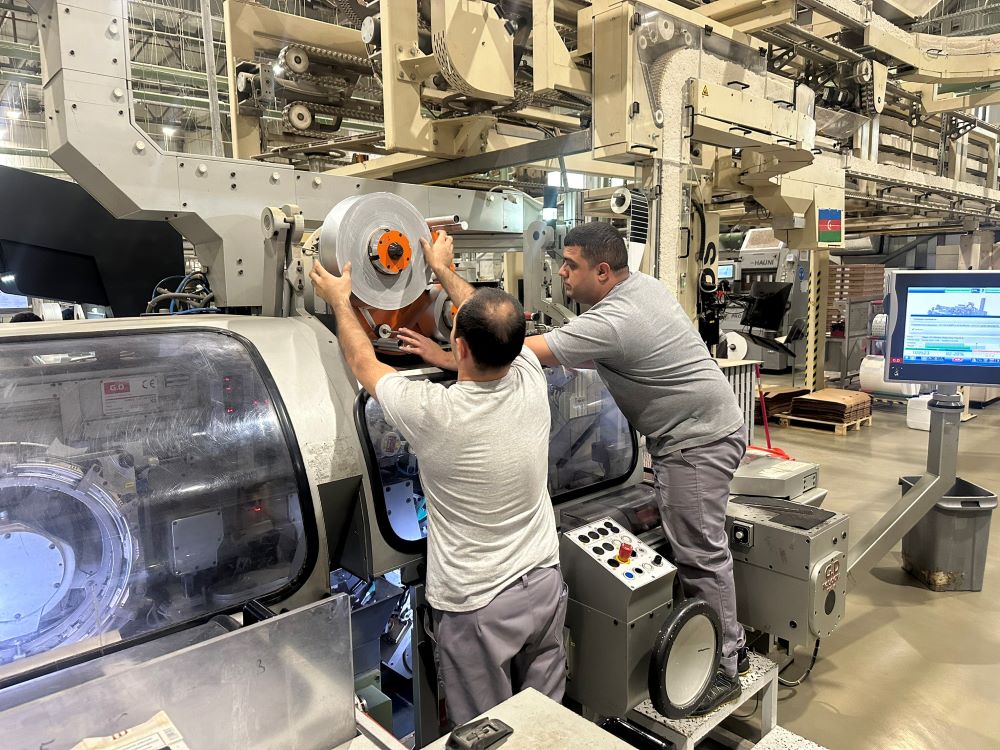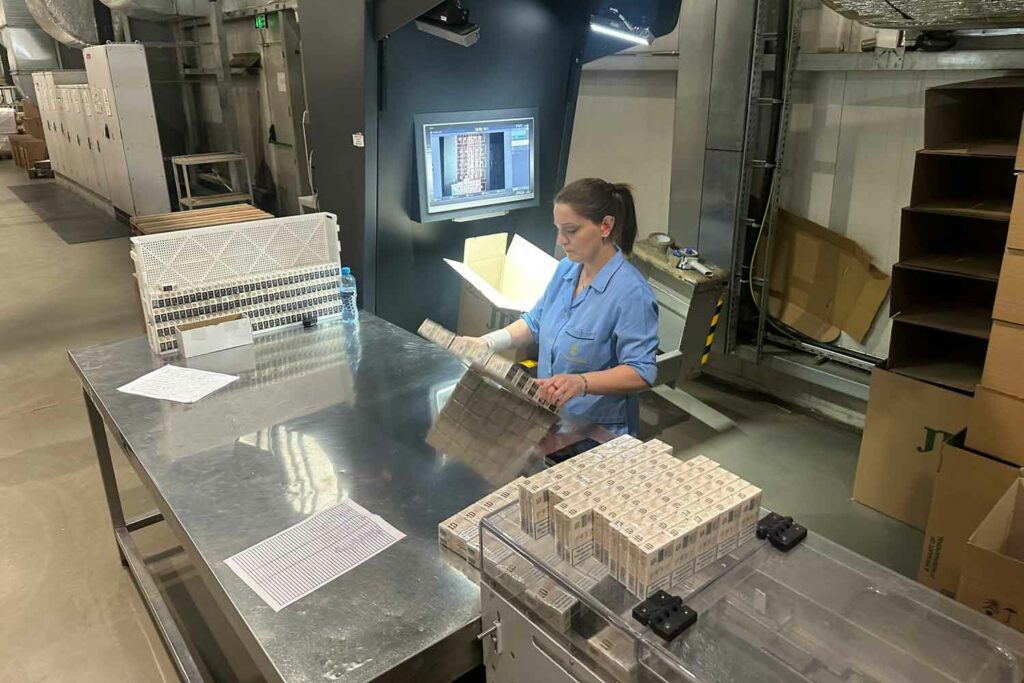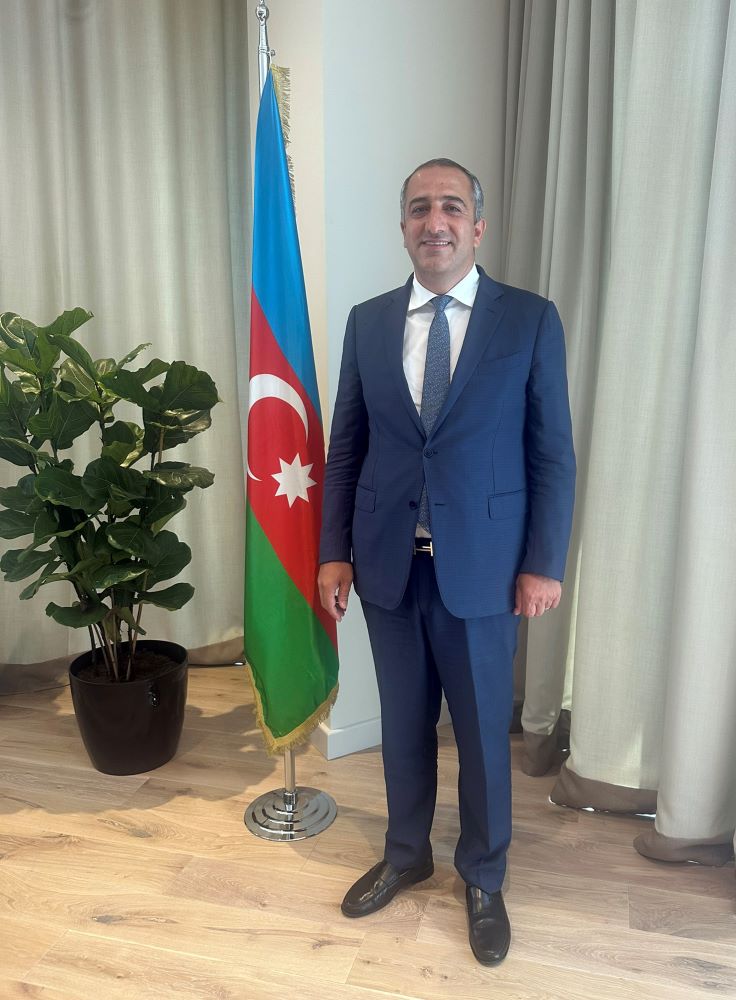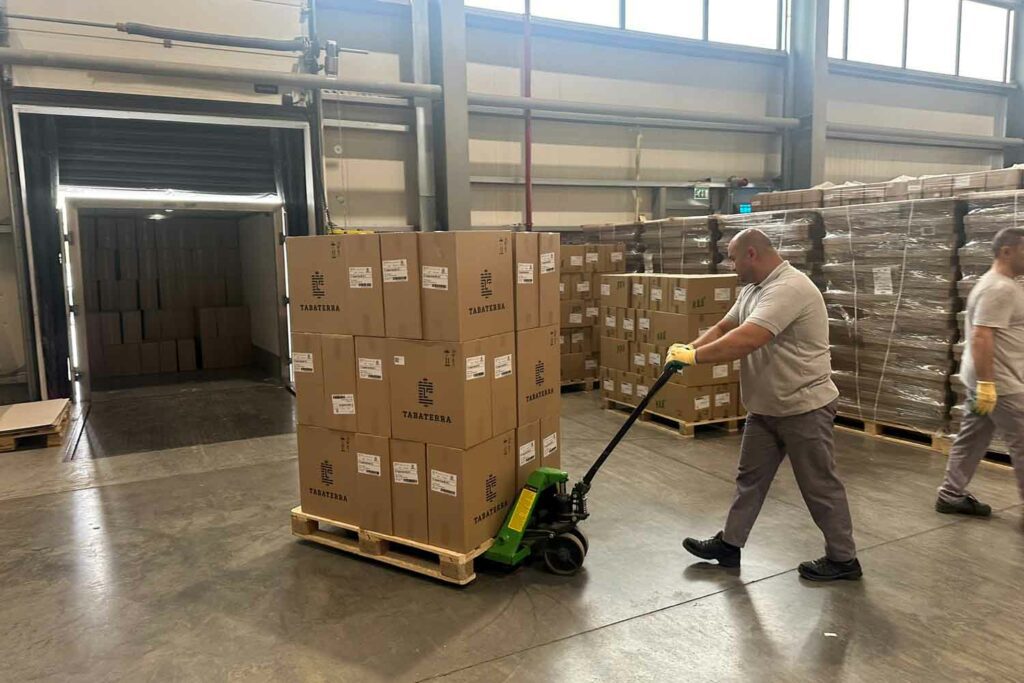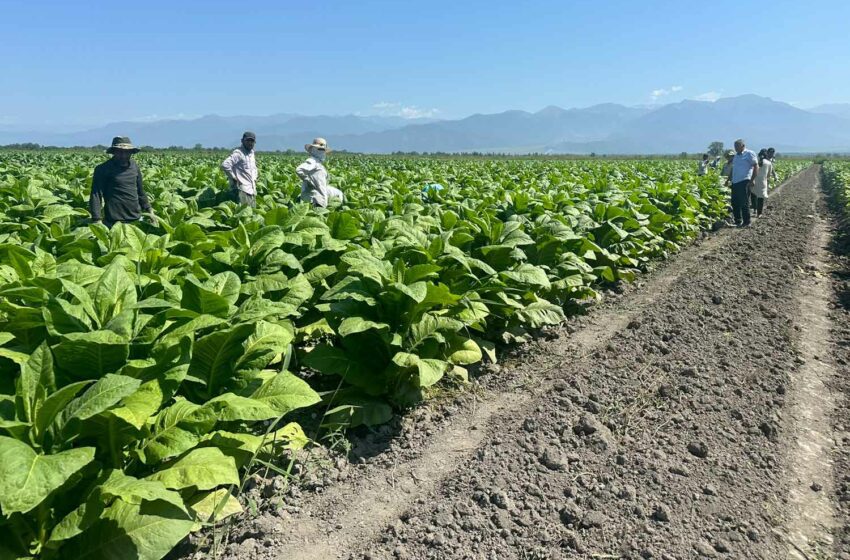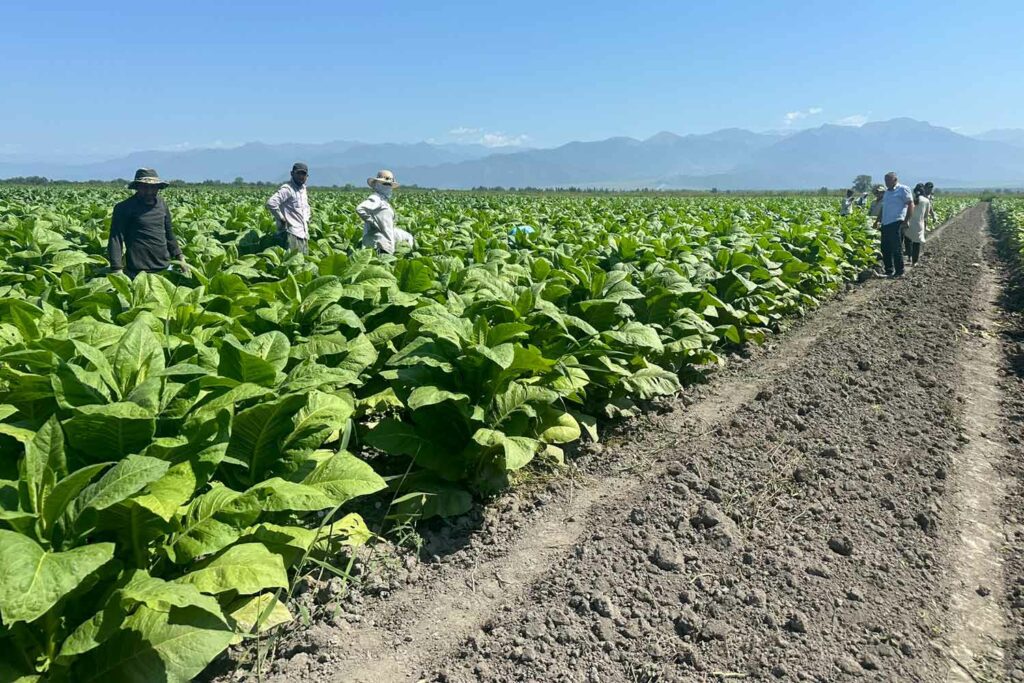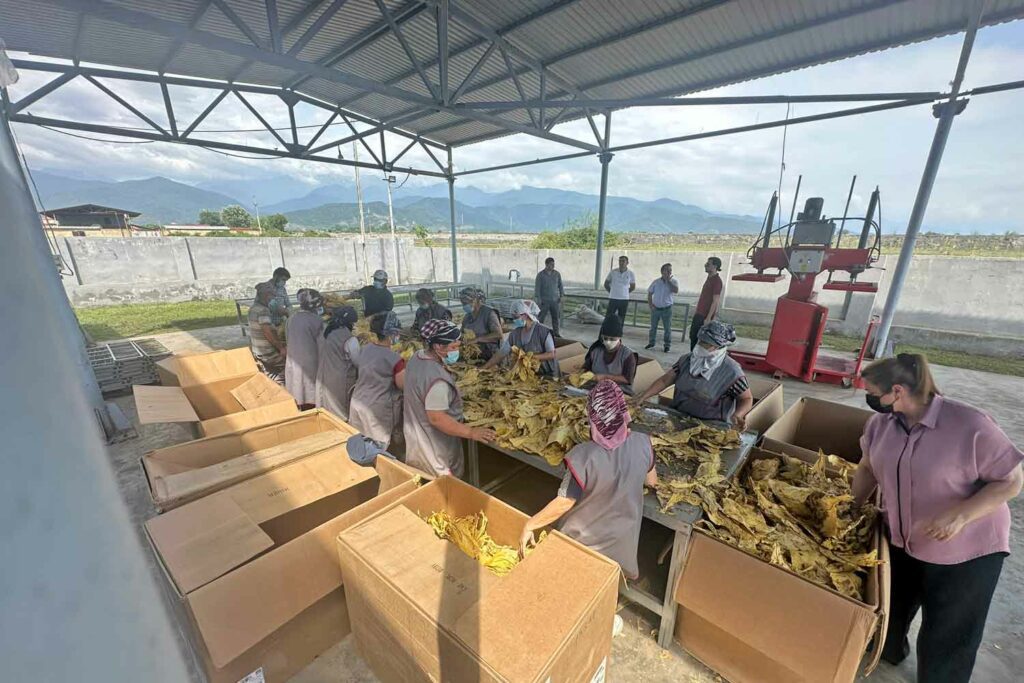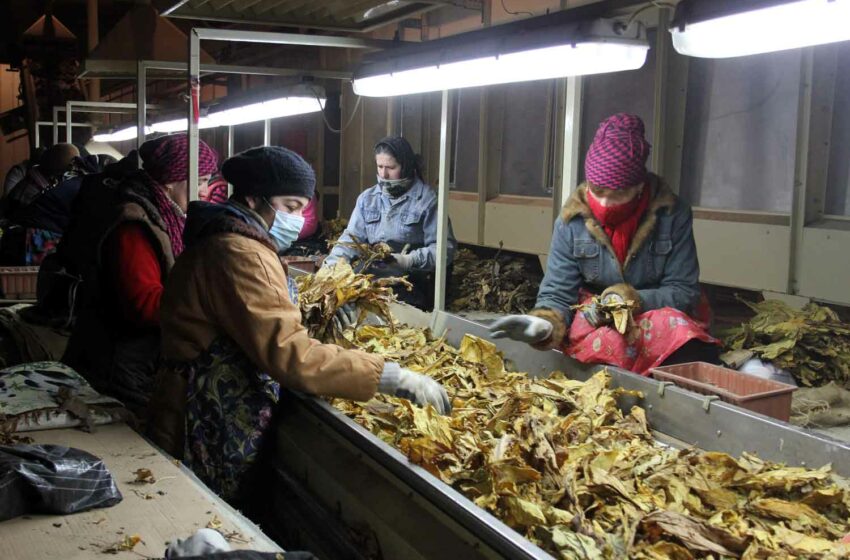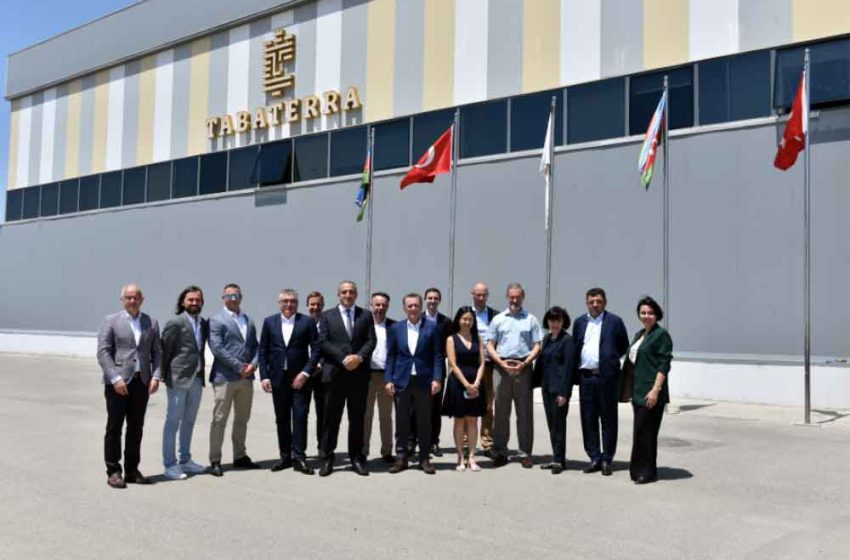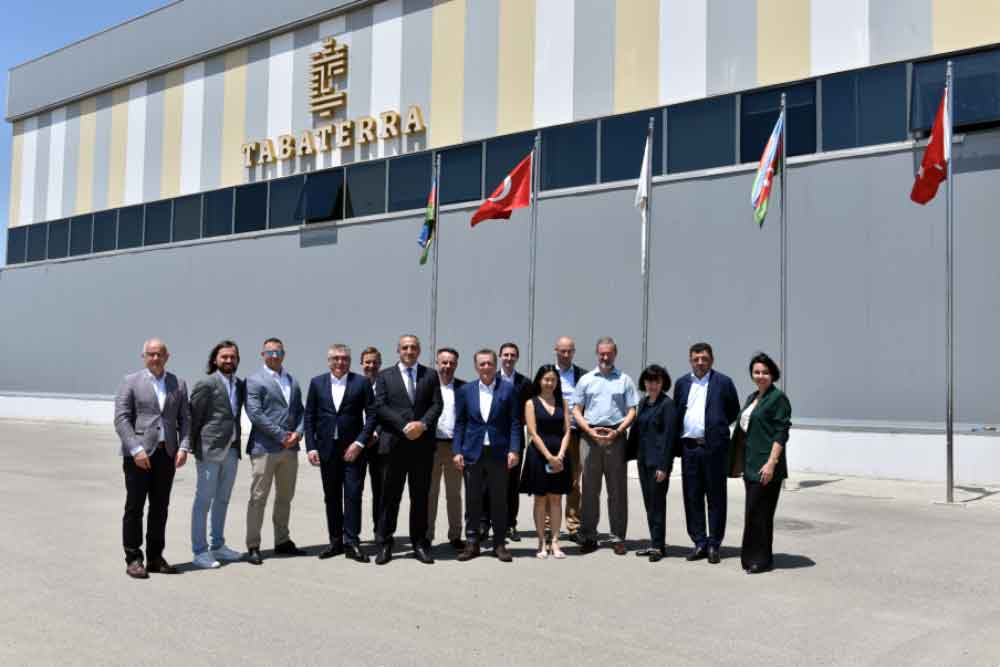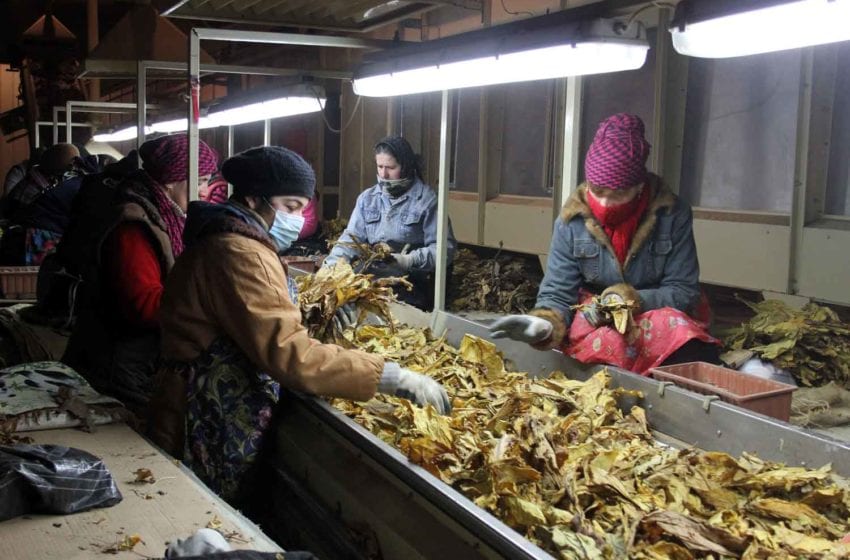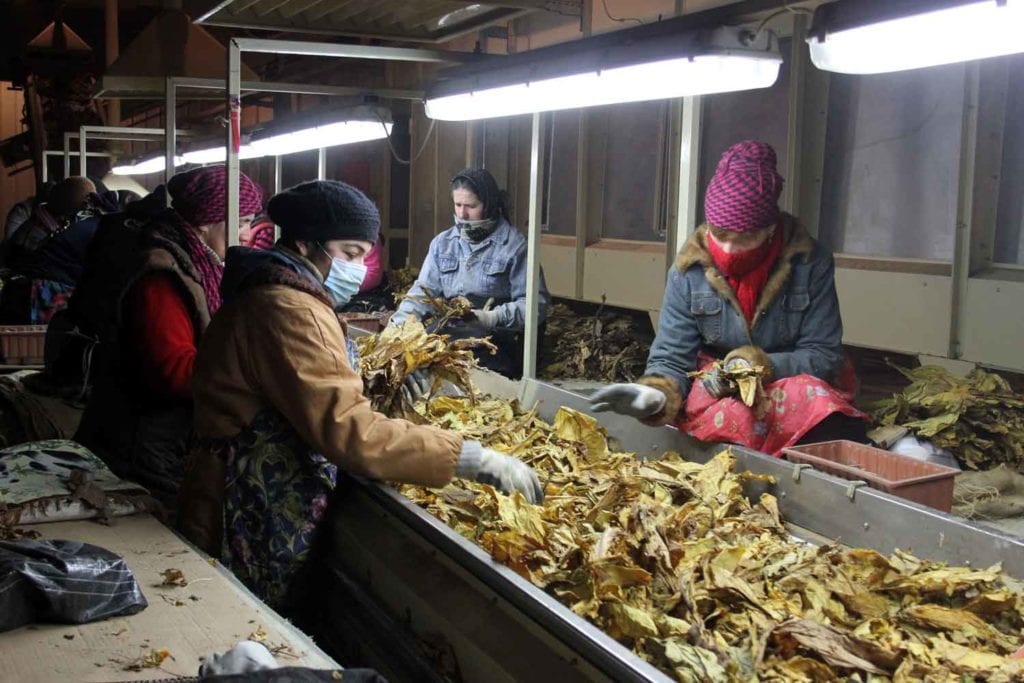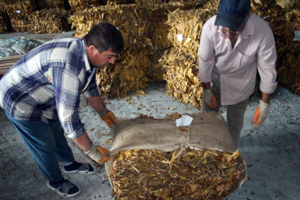The Azerbaijan tobacco-products manufacturer Tabaterra has built a factory in the Sumgayit Chemical Industrial Park about 30 km from the capital, Baku, according to an AzerNews story that updates slightly one published by the same outlet in October.
The country is aiming to minimize the import of tobacco products.
The director of Tabaterra, Elman Javanshir, reportedly told the head of state that the $48-million factory would produce international-standard cigarettes using British, German and Italian technologies.
The factory, he added, would have an annual production capacity of 11 billion filter cigarettes in three formats, and would meet 80 percent of the country`s demand for tobacco products.
The story said that Azerbaijan’s annual cigarette consumption currently stood at more than 10 billion, of which 1.6 billion were produced domestically and nine billion were imported.
The project is expected to create 200 jobs.
Last year, the Azerbaijani President Ilham Aliyev signed a decree approving the State Program for the Development of Tobacco Growing in Azerbaijan for 2017-202.
According to the decree, the State Program is aimed at the development of tobacco growing, improving tobacco processing, increasing profitability and export potential, and increasing employment in rural areas.
